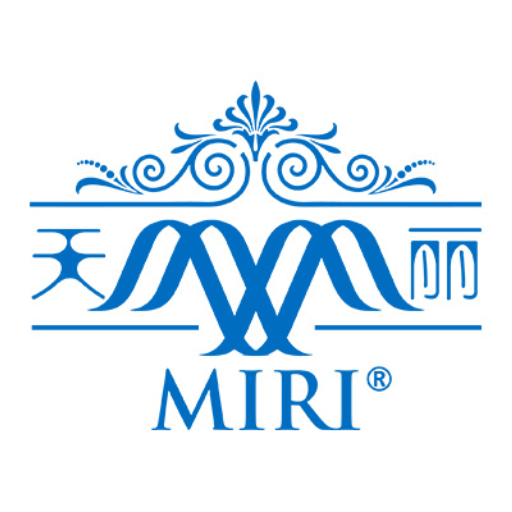Menopause and Self-Care: Nurturing Body and Mind During the Transition
Menopause is a natural biological process that marks the end of a woman’s reproductive years. While it’s a normal stage of life, the hormonal changes that occur can bring about various physical and emotional symptoms. Understanding how to care for yourself during this transition can help you navigate menopause with greater ease and confidence.
Understanding Menopause Symptoms
The menopausal transition, which typically occurs between ages 45-55, involves a gradual decline in estrogen and progesterone production. This hormonal shift can lead to symptoms including:
- Hot flashes and night sweats
- Sleep disturbances
- Mood changes and irritability
- Vaginal dryness
- Weight gain
- Decreased bone density
As discussed in our previous article on understanding menopause symptoms, these changes vary widely among women in both duration and intensity.
Essential Self-Care Strategies for Menopause
Nutrition for Hormonal Balance
A balanced diet rich in phytoestrogens, calcium, and vitamin D can help support your body during menopause. Foods like flaxseeds, soy products, and leafy greens may help mitigate symptoms naturally. Our guide on menopause and lifestyle offers more detailed nutritional advice.
Movement and Exercise
Regular physical activity helps maintain bone density, supports heart health, and can reduce menopausal symptoms. Weight-bearing exercises, yoga, and strength training are particularly beneficial during this stage of life.
Stress Management Techniques
With fluctuating hormones affecting mood, practices like meditation, deep breathing exercises, and mindfulness can be powerful tools. Consider trying our Miri Feminine Essence, which contains natural ingredients to help balance hormones and support emotional wellbeing during menopause.
Beauty and Skincare During Menopause
Menopause often brings changes to skin elasticity and moisture levels. As collagen production decreases, many women notice drier, thinner skin. Supplementing with Miri Collagen Protein can help support skin health from within, while topical moisturizers become increasingly important.
The hormonal shifts may also affect hair health. For comprehensive advice on maintaining beautiful hair and skin throughout menopause, our article on 7 changes after menopause provides valuable insights.
Supporting Your Emotional Wellbeing
Many women experience emotional changes during menopause due to hormonal fluctuations and life transitions. It’s important to:
- Prioritize quality sleep
- Stay socially connected
- Consider therapy or support groups if needed
- Practice self-compassion and patience
For deeper exploration of emotional wellbeing during this transition, our resource on menopause and self-care offers additional support strategies.
Embracing the Next Chapter
While menopause marks the end of fertility, it can also be an opportunity for personal growth and self-rediscovery. Many women find this period liberating as they enter a new phase of life with wisdom and experience. Our article Embracing Menopause with Grace explores positive perspectives on this transition.
Remember that menopause is a natural life stage, not a medical condition. However, if symptoms significantly impact your quality of life, consult with a healthcare professional to discuss management options. With the right self-care approach, you can navigate menopause while maintaining your vitality, beauty, and overall wellness.
